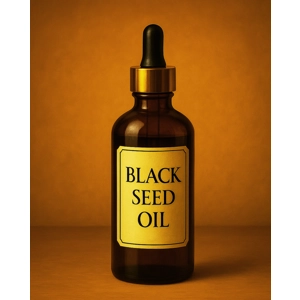The Path to Sovereignty

This Fourth of July Is Yours, Not Mine”: Sovereignty, Slavery, and the Lie of Independence
“What, to the American slave, is your Fourth of July?” — Frederick Douglass, July 5, 1852
Preface: Who Was Frederick Douglass?
Frederick Douglass (1818–1895) was born enslaved in Talbot County, Maryland. He escaped at age 20 and became one of the most formidable voices of moral resistance in the United States.
-
Escaped in 1838 with help from Anna Murray, a free Black woman who later became his wife
-
Self-taught reader, orator, and author of three autobiographies
-
Delivered bold indictments of slavery, including his iconic “What to the Slave Is the Fourth of July?”
-
Published The North Star, a sovereignty-rooted abolitionist newspaper
-
Served as U.S. Minister to Haiti, demonstrating global reach and agency
Douglass did not seek destruction—he demanded moral reckoning. His life embodied the power of resistance over reaction, structure over rage, and truth over nationalism.
July 4th: Celebration for Some, Injustice for Many
While the U.S. celebrates independence, Indigenous communities and enslaved Africans remember something else:
-
Indigenous nations were sovereign long before 1776; “independence” marked genocide and land theft
-
Black Americans were legally enslaved while white patriots preached “freedom”
-
The Constitution enshrined inequality: enslaved people counted as ⅗ of a person
The nation’s founding was not a rupture from oppression—it was a reshuffling of rulers. Douglass exposed this contradiction in a speech that shook every fiber of moral complacency.
Echoes from Douglass’ July 5, 1852 Speech
“This Fourth of July is yours, not mine. You may rejoice, I must mourn.”
“The blessings in which you this day rejoice are not enjoyed in common. The rich inheritance of justice, liberty, prosperity… is shared by you, not by me.”> “The hypocrisy of the nation must be exposed. The sins against God and man must be proclaimed and denounced.”
Douglass demanded light—but not warmth. His fire was divine confrontation. He gave America its mirror, smeared with blood and contradiction.
Sovereignty Today: Beyond Mourning
We don’t just mourn—we restore.
-
Filing isn’t rebellion—it’s rectification
-
Our legacy isn’t performance—it’s purpose
-
BTC gifts are not just donations—they’re trust in lawful resistance
We walk the path not of revolution, but of principled resistance—just as Douglass did.
Appendix: Frederick Douglass Bio + Resources
Explore Frederick Douglass deeper:
Honor Legacy with Action
This post reflects truth—but restoration demands support. To resist lawfully, build waqf-linked governance, and educate future generations, help us sustain the mission.




